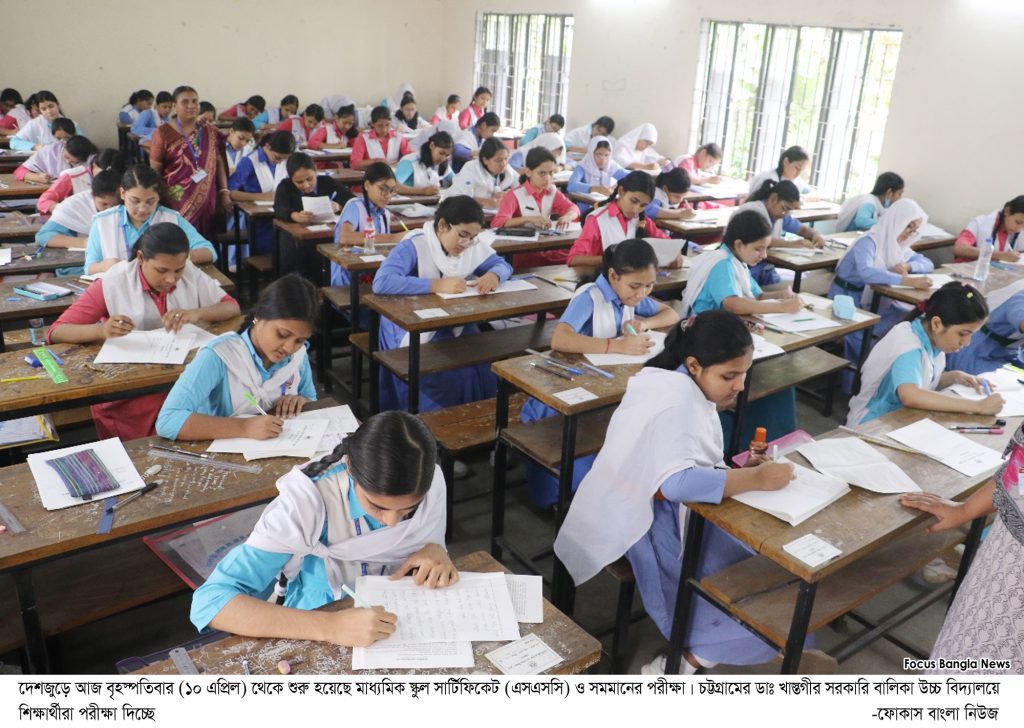Though only 8% of children in Bangladesh are currently overweight, the widespread access to unhealthy food – particularly within schools – presents a significant risk to future health outcomes, according to a UNICEF report.
Released on Wednesday, the report titled “Feeding Profit: How Food Environments are Failing Children” reveals that packaged snacks and fast food are more accessible to schoolchildren across South Asia than nutritious alternatives such as freshly cooked meals, fruits, and vegetables.
This troubling trend is especially visible in Bangladesh, where easy access to processed and unhealthy foods is contributing to an alarming shift in child nutrition patterns, UNICEF warned.
The report paints a broader picture of a deepening nutrition crisis across South Asia, where millions of children continue to grapple with undernourishment, anaemia, and rising obesity rates.
According to UNICEF, the number of children aged 5 to 19 who are overweight in the region has increased fivefold to 70 million in South Asia since 2000.
While nearly half (48%) of the school-going adolescents in the region reported that their schools offer food services, such as canteens or tuck shops, the quality of the food available is a major concern.
Unhealthy options – including packaged snacks (61%), fast food (55%), and sugar-sweetened beverages (55%) – were reported as disturbingly common.


